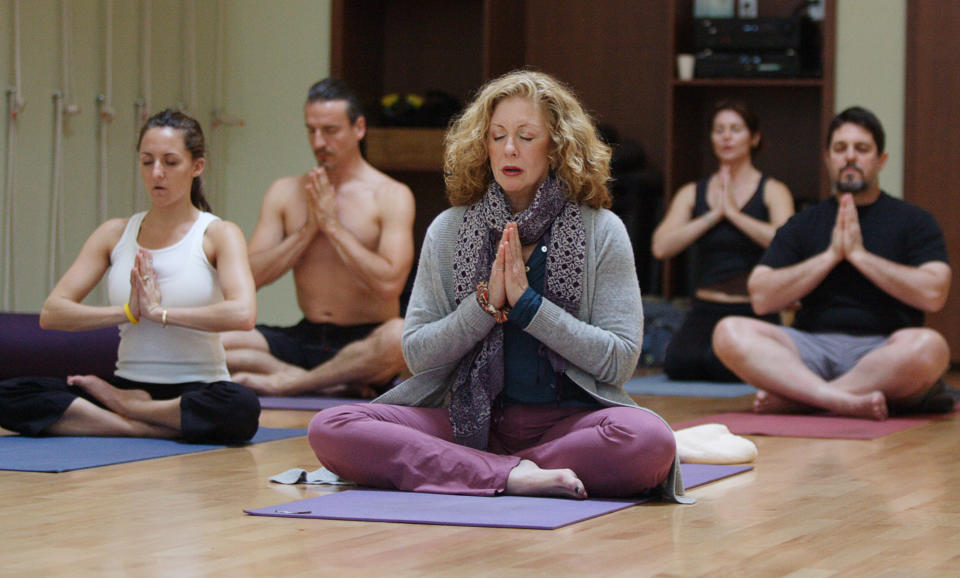CEO: The 'OK Boomer' meme represents very real economic tensions
“OK Boomer” is not just a young-versus-old meme. It also underscores how baby boomers will soon be at the economic mercy of younger generations, according to one chief executive.
“I think it’s a symptom of a broader trend of intergenerational tension that has a lot of implications economically going forward,” especially for baby boomers, Ramsey Smith, CEO of financial firm Alex.fyi, said recently on Yahoo Finance.
Younger generations fund the subsidies – such as Social Security and Medicare – that older generations depend on during retirement. But that may not always be the case.
“Millennials and younger generations may not have the resources to fund older generations,” Smith said. “As they gain political power, the willingness for them to do so may wane.”

Generation vs. generation
The meme erupted in popularity earlier this year after an older man used TikTok, a short-form video application, to complain that millennials and younger generations suffered from Peter Pan syndrome – or the inability to grow up.
Younger users on the platform responded with “OK Boomer.” More broadly, younger generations blame their older parents for inaction on big issues facing the country, from climate change to the erosion of the social safety net.
In particular, millennials faced a tough economic road, with many of them graduating into the Great Recession. They also struggle with rising costs of higher education, health care and housing, making it harder to meet life milestones at the same pace as earlier generations.
For instance, millennials hold fewer assets than their predecessors did at the same age. In 1989 when boomers were in their mid-30s, they held more than 25% of all household wealth. Today, millennials approaching the same age hold a mere 5%.

Retirement for all
Smith urges all generations to start saving for retirement now to build what he calls a “balanced diet” of guaranteed income and long-term assets for growth. “It's very important to be prepared for retirement on a number of fronts,” Smith said.
Doing this is much bigger than just being responsible to yourself.
“You want to not just think about what this means for me, but how my decisions or mistakes I make around my decisions might influence younger people in my own family,” he said, “or younger people societally.”
Dhara is a writer for Yahoo Finance. Follow her on Twitter @dsinghx.
Read more:
Follow Yahoo Finance on Twitter, Facebook, Instagram, Flipboard, SmartNews, LinkedIn, YouTube, and reddit.

 money
money 